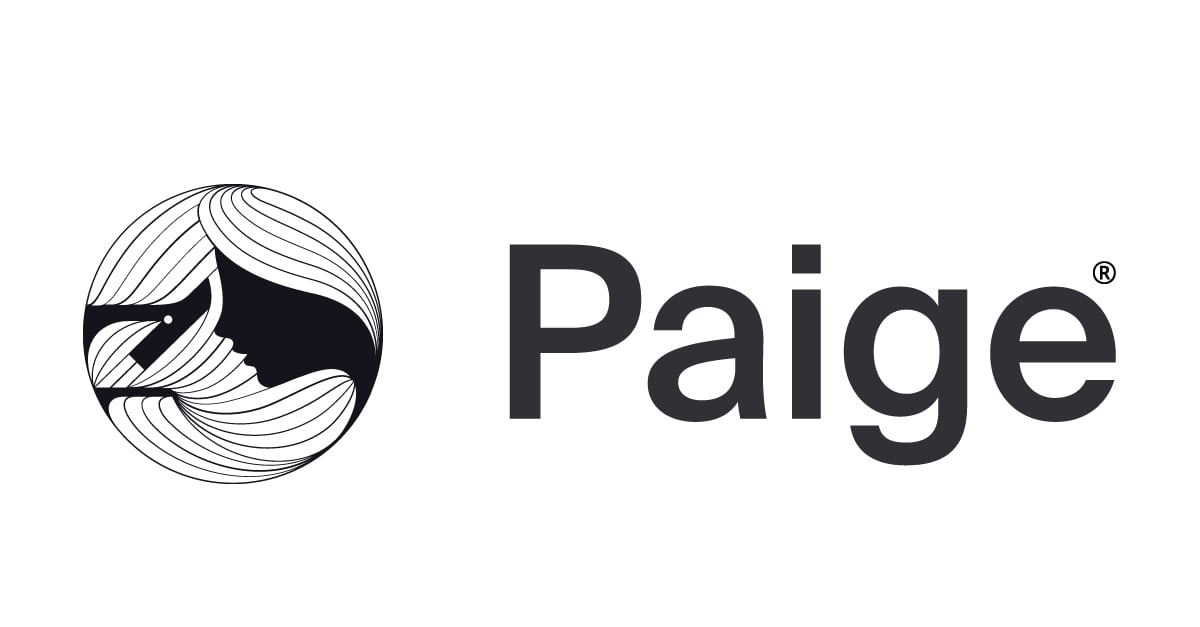- Joined
- Aug 3, 2007
- Messages
- 941
- Reaction score
- 623
I just heard an interview with Mustafa Suleyman, CEO and co-founder of one of the world's leading AI companies. He also published a best-selling book on AI The Coming Wave: Technology, Power, and the Twenty-first Century's Greatest Dilemma
Link to the podcast: Mustafa Suleyman interview (@30:47)
This is what he said regarding AI and its impact on healthcare:
"AI models are performing an incredible role being able to detect disease at human level performance across the board. The cost of producing a diagnosis and a proposed treatment pathway is about to plummet to zero marginal cost. It is going to be essentially free in the next decade to provide a world-class diagnosis. That is going to transform healthcare for billions of people."
Granted, he is an AI guy, so he will be hyping it up because he's got a book to sell and a company dependent on it.
I started a prior thread on AI 4 years ago. Instead of bumping the old one (see link below), I thought I'd make a new one because AI has advanced since then and anyone who hasn't been living under a rock has heard the growing media frenzy.
https://forums.studentdoctor.net/threads/mainstream-media-a-i-is-better-than-humans-to-dx-images-in-pathology.1365161/
But, based on his statements above, that made me wonder. The general sentiment from prior threads on AI is that as physicians, we won't become totally obsolete: at least not in the short term (who knows what will happen in the next 25-50 years). And AI will be more of an enhancement to medical providers rather than a replacement.
But what about reimbursement? Even if what he says that, "The cost of producing a diagnosis and and proposed treatment pathway is about to plummet to zero marginal cost." is partially true, that could potentially lead to reduced reimbursement for many medical specialties and is concerning. My retirement track might have been prolonged...either that, or shortened as I will have to look for more lucrative side hustles...
Link to the podcast: Mustafa Suleyman interview (@30:47)
This is what he said regarding AI and its impact on healthcare:
"AI models are performing an incredible role being able to detect disease at human level performance across the board. The cost of producing a diagnosis and a proposed treatment pathway is about to plummet to zero marginal cost. It is going to be essentially free in the next decade to provide a world-class diagnosis. That is going to transform healthcare for billions of people."
Granted, he is an AI guy, so he will be hyping it up because he's got a book to sell and a company dependent on it.
I started a prior thread on AI 4 years ago. Instead of bumping the old one (see link below), I thought I'd make a new one because AI has advanced since then and anyone who hasn't been living under a rock has heard the growing media frenzy.
https://forums.studentdoctor.net/threads/mainstream-media-a-i-is-better-than-humans-to-dx-images-in-pathology.1365161/
But, based on his statements above, that made me wonder. The general sentiment from prior threads on AI is that as physicians, we won't become totally obsolete: at least not in the short term (who knows what will happen in the next 25-50 years). And AI will be more of an enhancement to medical providers rather than a replacement.
But what about reimbursement? Even if what he says that, "The cost of producing a diagnosis and and proposed treatment pathway is about to plummet to zero marginal cost." is partially true, that could potentially lead to reduced reimbursement for many medical specialties and is concerning. My retirement track might have been prolonged...either that, or shortened as I will have to look for more lucrative side hustles...
Last edited:



